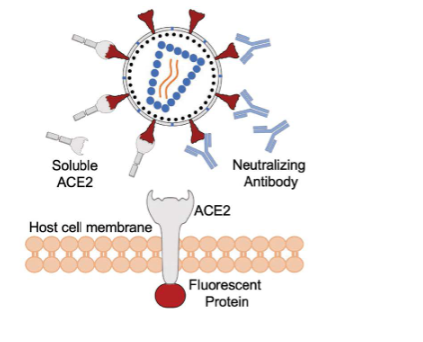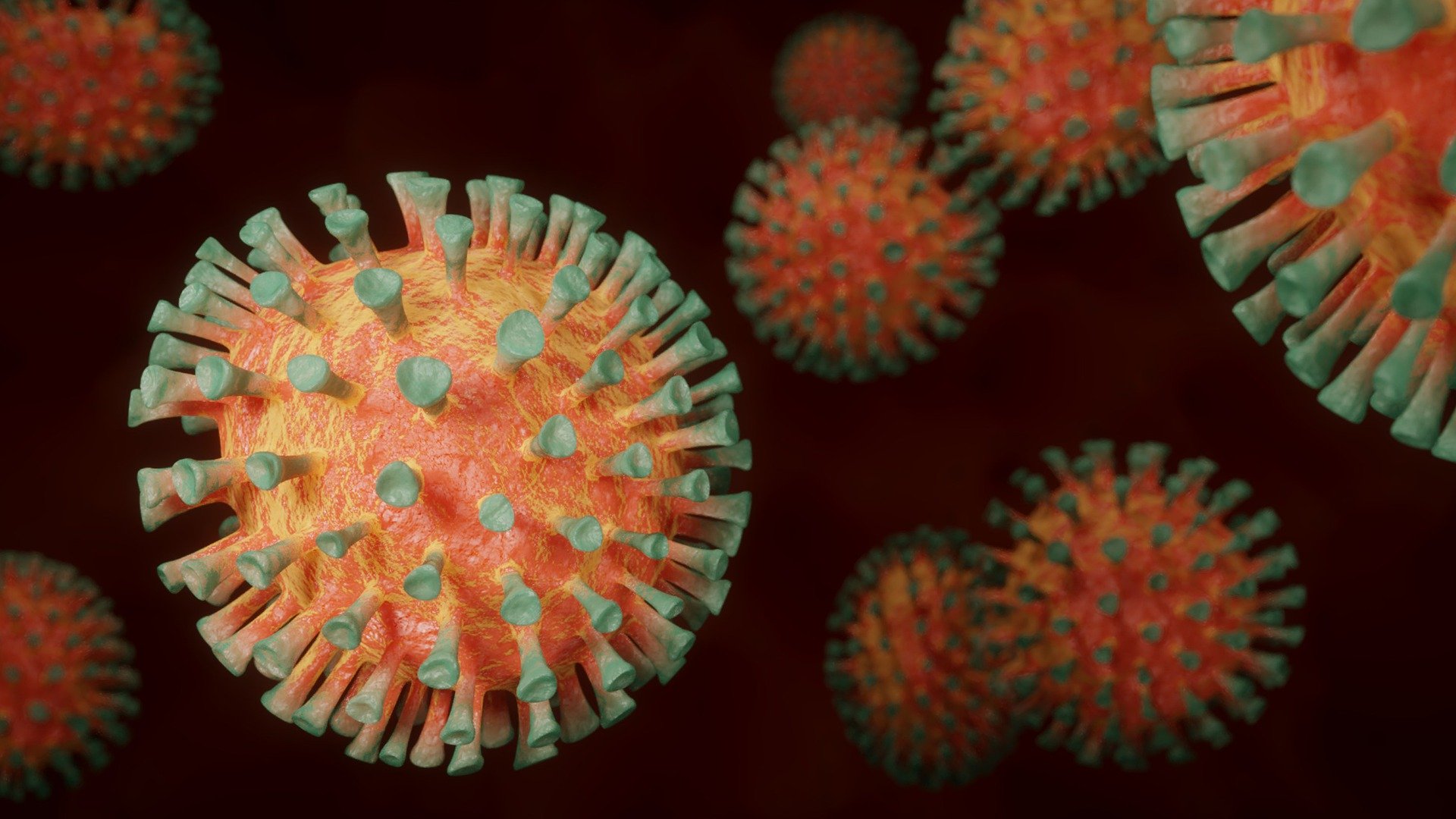No one knows for sure whether a case of COVID-19 makes you immune. Now, a study done at UConn Health finds that antibodies to the coronavirus that causes COVID-19 are universal in survivors of the illness, but that their numbers, and their ability to defang the virus, vary enormously.
The study focused on health care workers at UConn Health. The goal was to understand who developed antibodies to SARS-CoV-2, the coronavirus that causes COVID-19, and correlate the severity of their illness with the concentration of antibodies in their blood.

“The results tell us that the severity of the COVID-19 appears to be associated with a higher level of antibodies,” says Dr. Bruce Liang, dean of the UConn School of Medicine and one of the study’s senior authors. The paper appeared in the 29 January issue of Nature Communications Biology.
The researchers found that every person they tested who previously had COVID-19 had detectable antibodies for SARS-CoV-2, the virus that causes the disease. No one who hadn’t been infected had antibodies for the virus. And interestingly, almost everyone who had antibodies for SARS-CoV-2 also had antibodies that reacted to the coronavirus that causes SARS, a much deadlier but less transmissible coronavirus that emerged in 2004. The researchers suspect this is because the two coronaviruses share certain structures that antibodies would grab onto.
But the most dramatic finding was that, the more severe the disease, the higher the concentration of antibodies in the person’s blood. Patients hospitalized with severe COVID-19 had antibody levels much higher than health care workers who had recently recovered from a mild case of the disease. It is still unknown whether the relatively low levels of antibodies in survivors are protective against reinfection, and if so for how long.
The researchers are continuing to track antibody levels in UConn Health workers, and hope to have more information on the longevity of COVID-19 immunity soon.
The study was performed in collaboration with Derya Unutmaz, a researcher at The Jackson Laboratory for Genomic Medicine.



